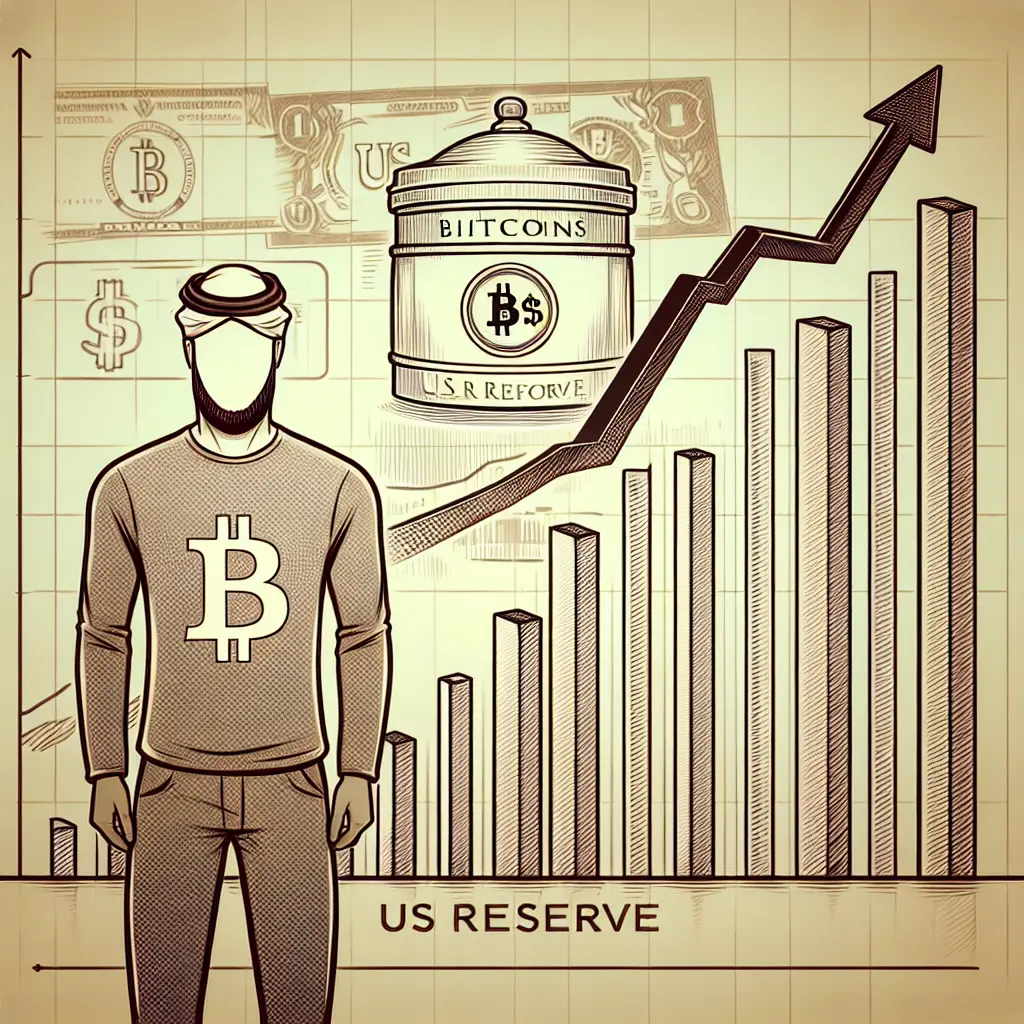The gig economy, characterized by short-term contracts and freelance work as opposed to permanent jobs, has seen exponential growth in recent years. As this sector evolves, so does the way in which its payments are processed. Bitcoin and other cryptocurrencies are at the forefront of revolutionizing these financial transactions, presenting both remarkable opportunities and notable challenges.
Bitcoin, the leading digital currency, has become a significant player in what is known as the freelance economy. This symbiotic relationship is fueled by the decentralized nature of blockchain technology, which underpins Bitcoin. Blockchain offers gig workers crypto solutions that are not only secure but also transparent and efficient. These qualities make digital payments increasingly attractive to freelancers who often deal with clients across borders.
The integration of Bitcoin into the gig economy has been transformative. Cryptocurrency impact on digital payments is profound as it bypasses traditional banking bottlenecks, reduces transaction fees, and provides faster payment solutions. For instance, platforms like Bitwage offer services where freelancers can receive their wages in cryptocurrencies, thereby facilitating smoother remote work payments.
Despite its benefits, the adoption of Bitcoin payment solutions in the gig economy faces challenges. One major hurdle is volatility. For example, the recent news that Bitcoin slumped below $59,000 amid market uncertainty highlights the financial risk that freelancers and their clients face when dealing with cryptocurrencies.
Moreover, regulatory uncertainties and the lack of understanding about how cryptocurrencies work also slow down widespread crypto adoption. The case of Craig Wright, who faces a perjury investigation over his claims of creating Bitcoin, underscores the legal complexities involved in the cryptocurrency world.
Recent Developments
Recent events have shown both the potential and the pitfalls of integrating Bitcoin into the gig economy. The repayment plans by Mt. Gox to distribute funds to investors in Bitcoin and Bitcoin Cash, as reported, signal a positive shift towards greater acceptance and normalization of cryptocurrency transactions. However, these moves also bring to light past issues of security and trust that have plagued digital currencies.
Additionally, the story about a tiny Texas village planning to annex a gigantic Bitcoin mine points to the growing intersection between local economies and cryptocurrency enterprises. This could mean a boost in economic opportunities for local residents through increased job creation and enhanced infrastructure development.
One of the most compelling aspects of Bitcoin’s integration into the gig economy is its contribution to decentralized finance (DeFi). DeFi uses blockchain technology to remove control banks and institutions have on money, financial products, and financial services. For gig workers, this means an avenue towards financial independence, as they are no longer tethered to traditional financial institutions for receiving or making payments.
The promise of Bitcoin and other digital currencies extends beyond simple transactions; they offer gig workers substantial economic opportunities and financial security. Freelancers can protect their earnings from inflation and currency devaluation in their home countries by converting their payments into Bitcoin. Additionally, digital currency trends suggest that as more businesses accept cryptocurrency, freelancers with early adoption can access a broader market than those who rely solely on traditional currencies.
Looking Forward: The Future of Gig Workers Crypto
As we move forward, the landscape of gig workers' crypto will likely continue to evolve. The anticipation of regulatory frameworks designed specifically for cryptocurrencies will play a crucial role in this evolution. For instance, reports that the German government continues Bitcoin transfers to exchanges indicate a trend towards more regulated and structured cryptocurrency environments.
Furthermore, events like Bitcoin 2024 announcing Donald Trump as a speaker highlight the growing mainstream interest and potential ideological battles that could shape the future policies affecting Bitcoin and its use within the gig economy.
Bitcoin’s integration into the gig economy is reshaping how freelancers engage with work on a global scale. The opportunities presented by this integration allow for greater financial independence through efficient, secure, and borderless payments. However, challenges such as market volatility, regulatory uncertainties, and the need for greater public understanding of blockchain technology remain significant barriers.
As we watch this space evolve, it’s clear that the gig economy will increasingly rely on innovations like Bitcoin to solve traditional problems related to financial transactions. For freelancers around the world, staying informed and adaptable will be key to navigating this dynamic intersection of technology and work.










Leave a Comment